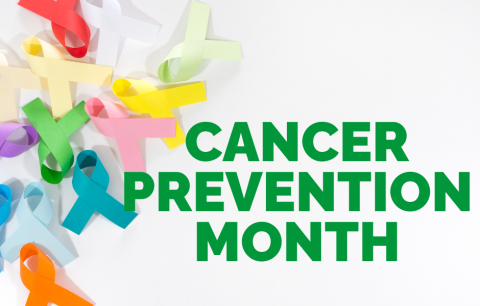NCC Commits to 5-2-1-0 for Prevention
02 February, 2025
The team at NCC is “walking the walk” with a commitment to practice prevention with the 5210 Healthy Washoe program. The program is an evidence-based obesity prevention framework developed by researchers at Penn State and promotes healthy habits with four small changes.
The 5-2-1-0 is the basis of the four small daily habits to adopt. They are:
- 5 or more services of fruits and vegetables
- 2 hours or less of recreational screen time
- 1 hour or more of physical activity
- 0 sugary drinks, more water
The goal is to increase healthy habits among our staff and those we work with, improve awareness of the importance of healthy habits, and strive for healthy weight among youth. 5-2-1-0 promotes a shared, consistent message and supports our families and organization partners in building healthy habits and making healthy choices.
Here's how NCC is adopting the 5-2-1-0 program into our workplace:
- Nutritious food options at all NCC events with a focus on fruits and vegetables, whole grains, and lean proteins to encourage healthier choices.
- Employees are encouraged to take daily physical activity breaks, such as walking meetings or breaks.
- Physical activity breaks during NCC meetings that are longer than one hour. Can you say 5-minute dance break?
- No sugar-sweetened beverages at NCC working events.
If you’re interested in joining 5-2-1-0 Healthy Washoe (in Washoe County), visit 5210washoe.com. In southern Nevada, Get Healthy Clark County has similar programs. Learn more here.
You May Also Like

Yogurt May Help Prevent Colon Cancer
02.18.2025
A new study suggests that long-term yogurt consumption may help protect against aggressive colon cancer by promoting a healthy gut microbiome.

February is Cancer Prevention Month: Take Action for a Healthier Future
02.04.2025
Every February, Cancer Prevention Month serves as a powerful reminder that many cancers are preventable through lifestyle choices, early detection

Surgeon General: Time to Reduce Alcohol Consumption
01.09.2025
By now you have likely heard the news: The U.S.